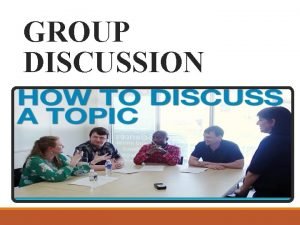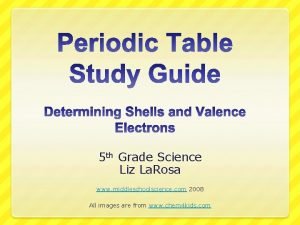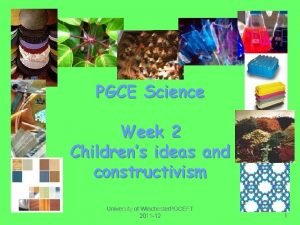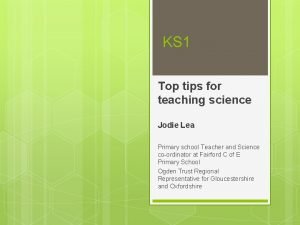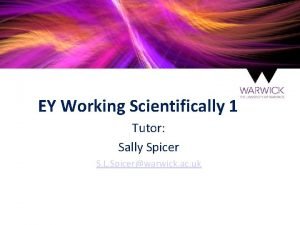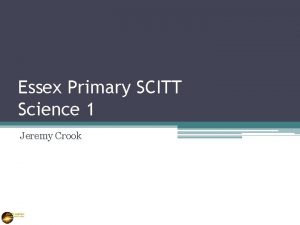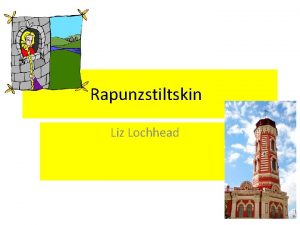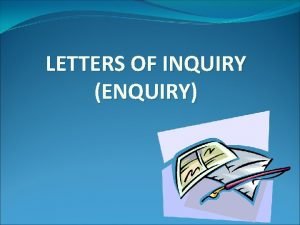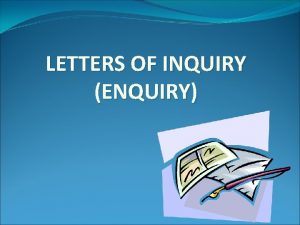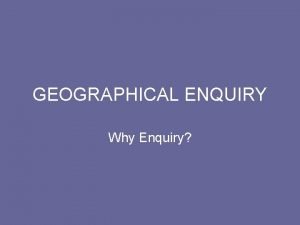Liz Lawrence ASSESSING SCIENCE ENQUIRY Discussion What challenges






- Slides: 6

Liz Lawrence ASSESSING SCIENCE ENQUIRY

Discussion � What challenges have you found when assessing working scientifically? � What solutions have you identified?

Issues � What does the expected standard look like � In Y 2, 4, and 6 � In Y 1, 3 and 5? � What is the progression in the different skills and aspects of working scientifically? � Is assessment leading to effective differentiation which allows all groups to show what they can do How to judge whether pupils are working above the standard (greater depth)? � What evidence to collect? � Do pupils have enough opportunities to make progress and show consistent independent attainment across different elements of working scientifically? �

Progression in enquiry skills � From simple to more elaborate skills �Observing main features / observing details �Concluding that a change in one variable does affect another / identifying the direction and nature of the relationship � From effective use in familiar situations to effective use in unfamiliar situations � From unconscious to conscious action - metacognition – awareness of own thinking and reasoning processes during an enquiry Harlen and Qualter 2009

Progression in working scientifically �Children become increasingly autonomous in their decision making and activity �Children become increasingly systematic and accurate in their collecting, analysing and reporting of evidence �Children increasingly build on scientific ideas in their predictions and explanations.

Evidence � Evidence presented for moderation of maths and English at KS 1 and writing at KS 2 will consist of: � examples of pupils’ work from everyday teaching � teachers’ knowledge of their pupils Minimal and focussed recording – good examples not provided for KS 2 in exemplification � Evidence of asking questions, decision making and practical skills e. g. measuring accurately � Observation, photos etc – some in KS 1 exemplification � Skills demonstrated across the different enquiry types (limited in KS 1 and very poor in KS 2 exemplification) �
